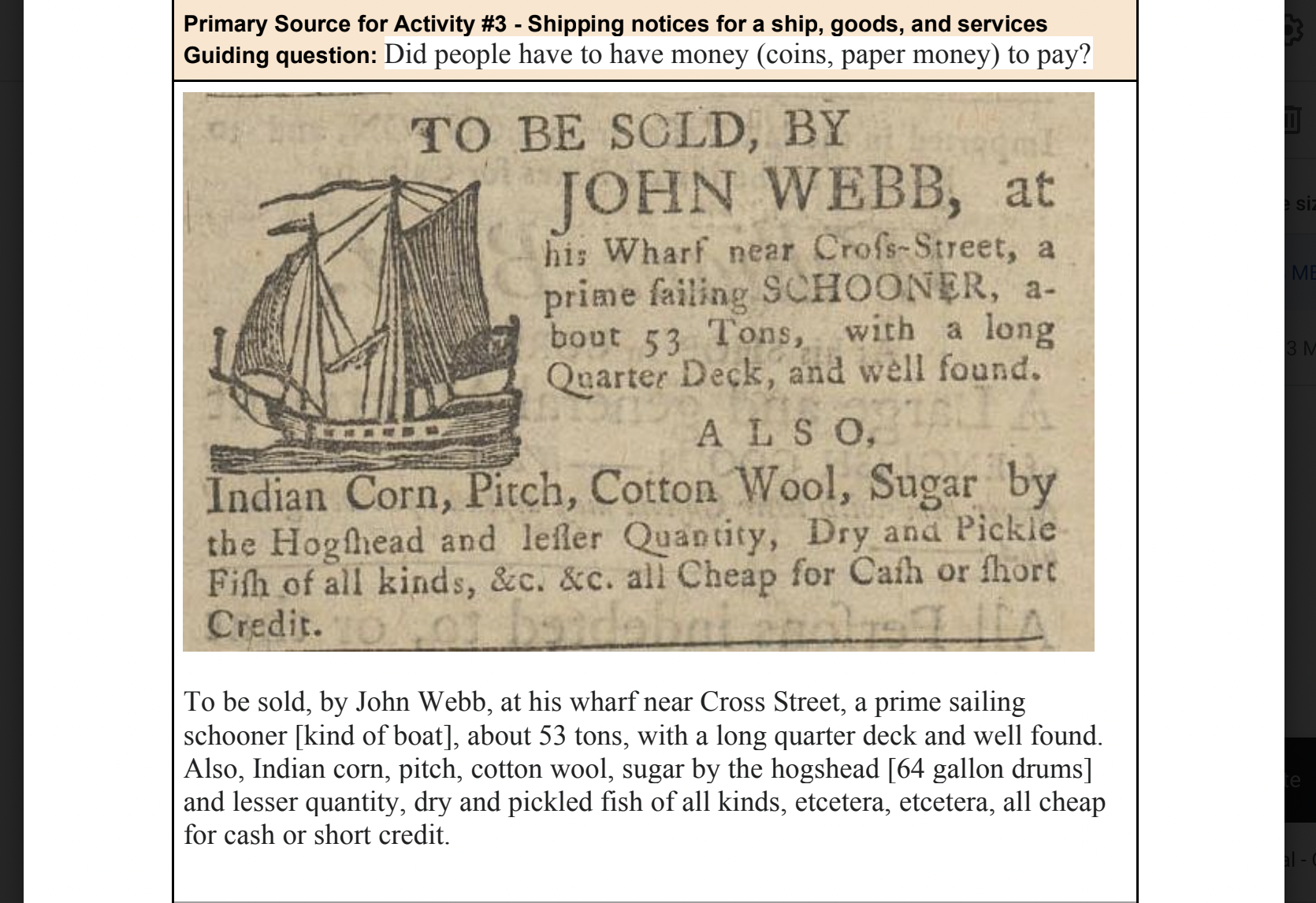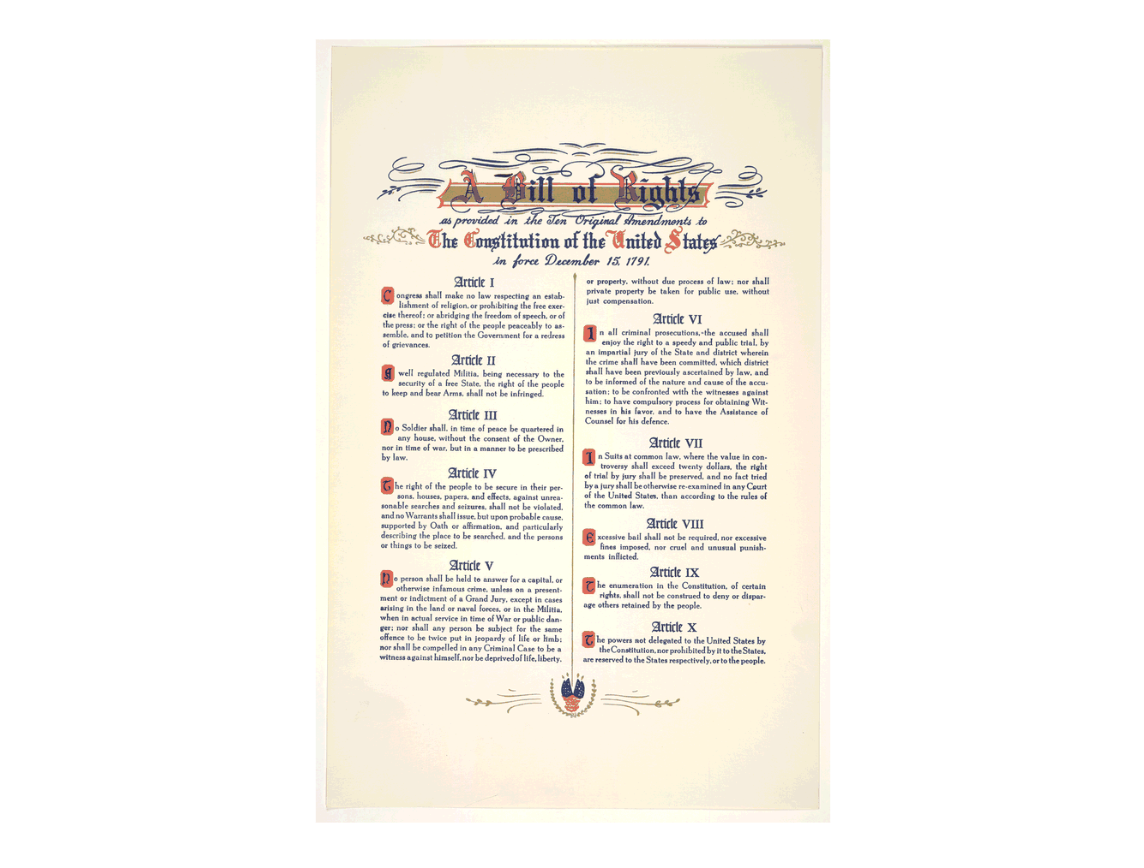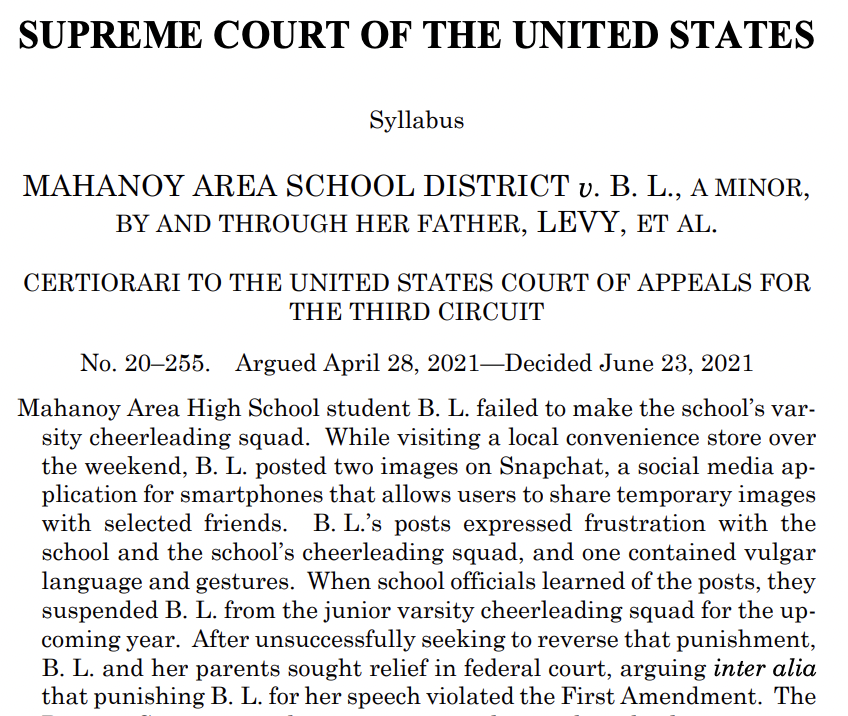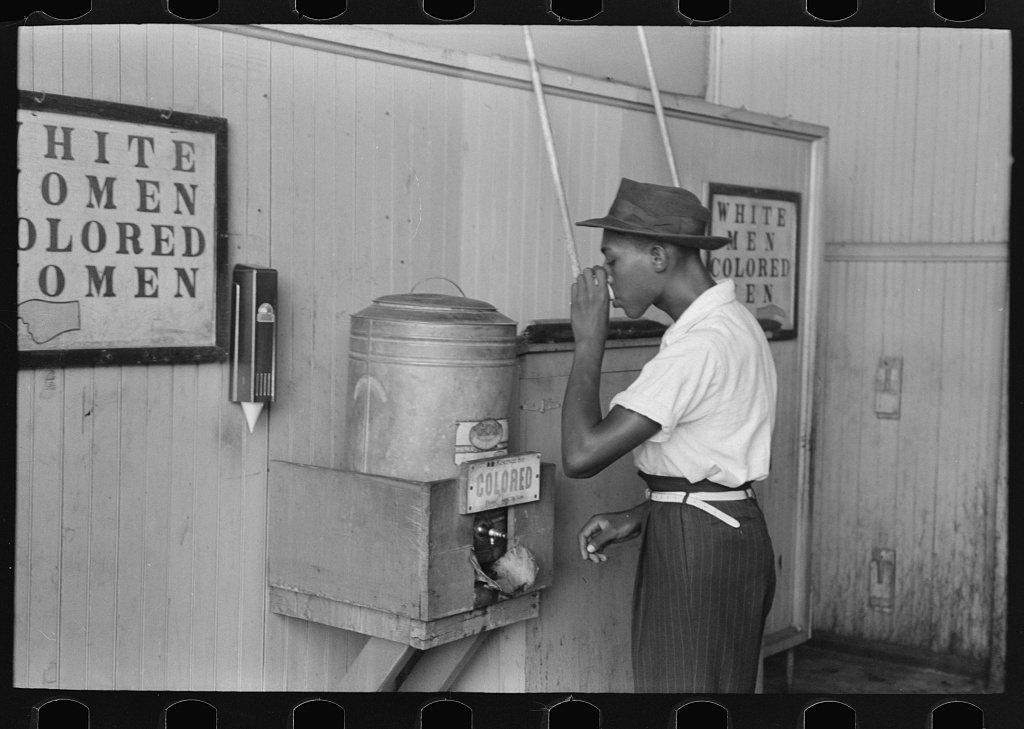
Teaching the Language of Social Studies
Language-aware lessons support all students, especially Multilingual Learners who are still developing in English, access primary-source rich learning.
Document Based Question (DBQ) Access for Multilingual Learners
Through the Massachusetts Council for the Social Studies (MCSS) DBQ project site, access resources that are freely available and adaptable, with teaching examples and step-by-step instructions for scaffolding for early-proficient and later-proficient multilingual learners. An open source lesson is analyzed step-by-step to show teachers how to adapt DBQ-type lessons to fully include English newcomers at all levels of proficiency.
DBQ Access for Multilingual Learners Project Site
Building Access to DBQs – All Scaffolding Models and Templates
• Examples of DBQs and support materials - November, 2024.
Building Access to DBQ – Intro Slide Deck
• Overview presentation created to show teachers the key steps in scaffolding.
Suggested citation for language-aware lessons below: Audet, A. and Noyes, A. (2022). Suggested citation for ESL lessons linked below: Audet, A. and LaFrance, J. (2023). Title for all citations: Primary source lessons demonstrating practical applications of WIDA 2020 principles and resources for elementary, middle school, and high school social studies teaching. Extending the reach of primary sources: English Learner Collaborations project of the Massachusetts Council for the Social Studies. http://www.emergingamerica.org/english-learner-collaborations.










